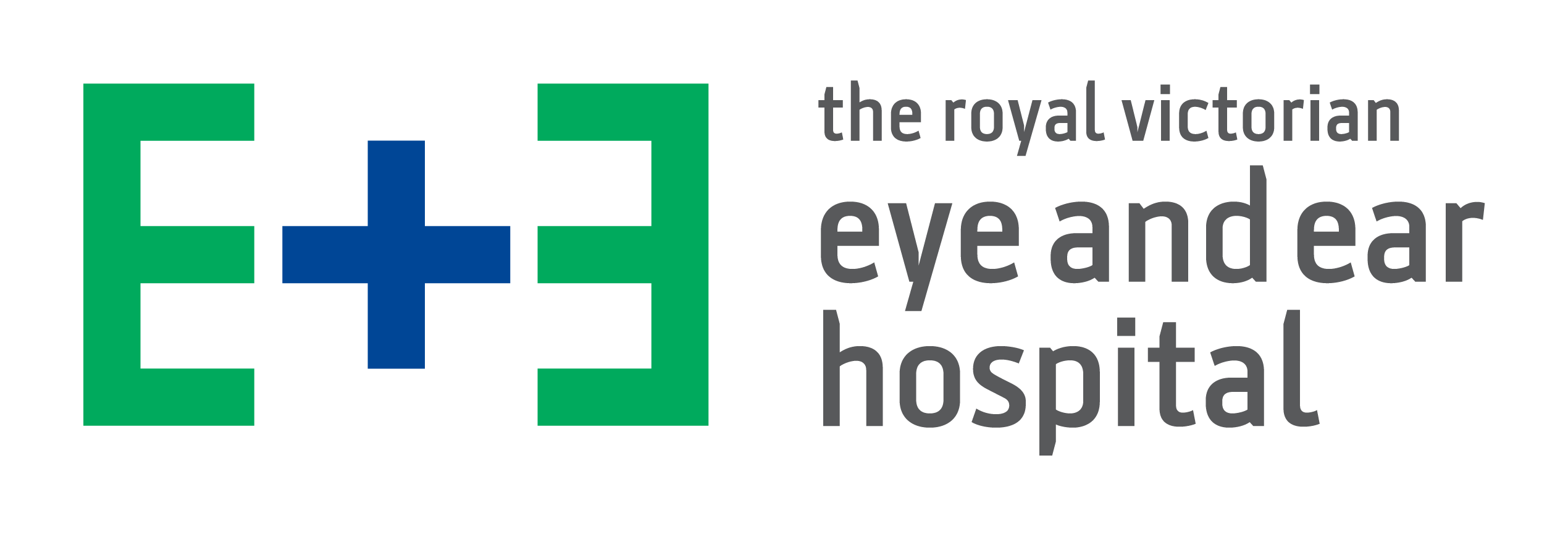The Royal Victorian Eye and Ear Hospital is committed to providing safe and inclusive healthcare for everyone in our community. In line with this commitment, and following new Department of Health requirements, we now record patients’ and consumers’ sex assigned at birth, gender identity and pronouns.
This information is collected confidentially and helps us deliver respectful and appropriate care. Asking these questions ensures we address patients and consumers correctly and provide the best possible healthcare suited to each person’s unique needs.
Understanding each person’s gender identity and using their pronouns ensures everyone is respected and included. This is especially important for transgender and non-binary people who, as a broad group, experience relatively poorer mental and physical health and can face barriers when accessing health services.
Finally, collecting accurate data will also aid government health planning, leading to better health outcomes for LGBTQIA+ Victorians.

These terms may be unfamiliar, so we’ve created a short guide:
What is sex assigned at birth?
Sex assigned at birth refers to a person’s biological sex characteristics. This may impact a person’s medications, risk of diseases and symptoms.
What is gender identity?
Gender identity is a person’s internal sense of self and gender, which may not exclusively align with the sex they were assigned at birth.
What are pronouns?
Pronouns are one way people refer to each other and themselves, such as ‘she’, ‘they’ and ‘he’. An individual chooses their pronouns to indicate their gender identity.


